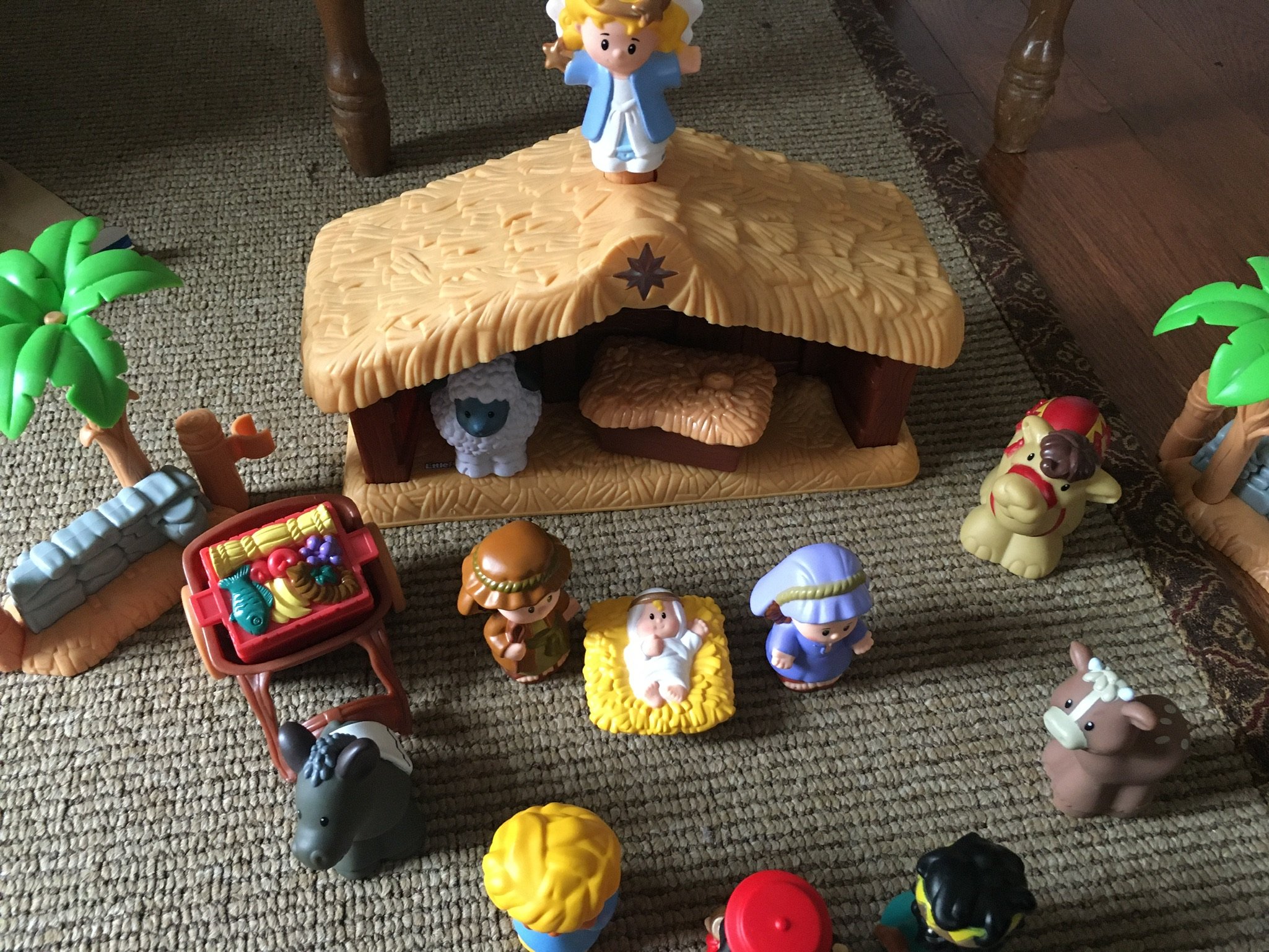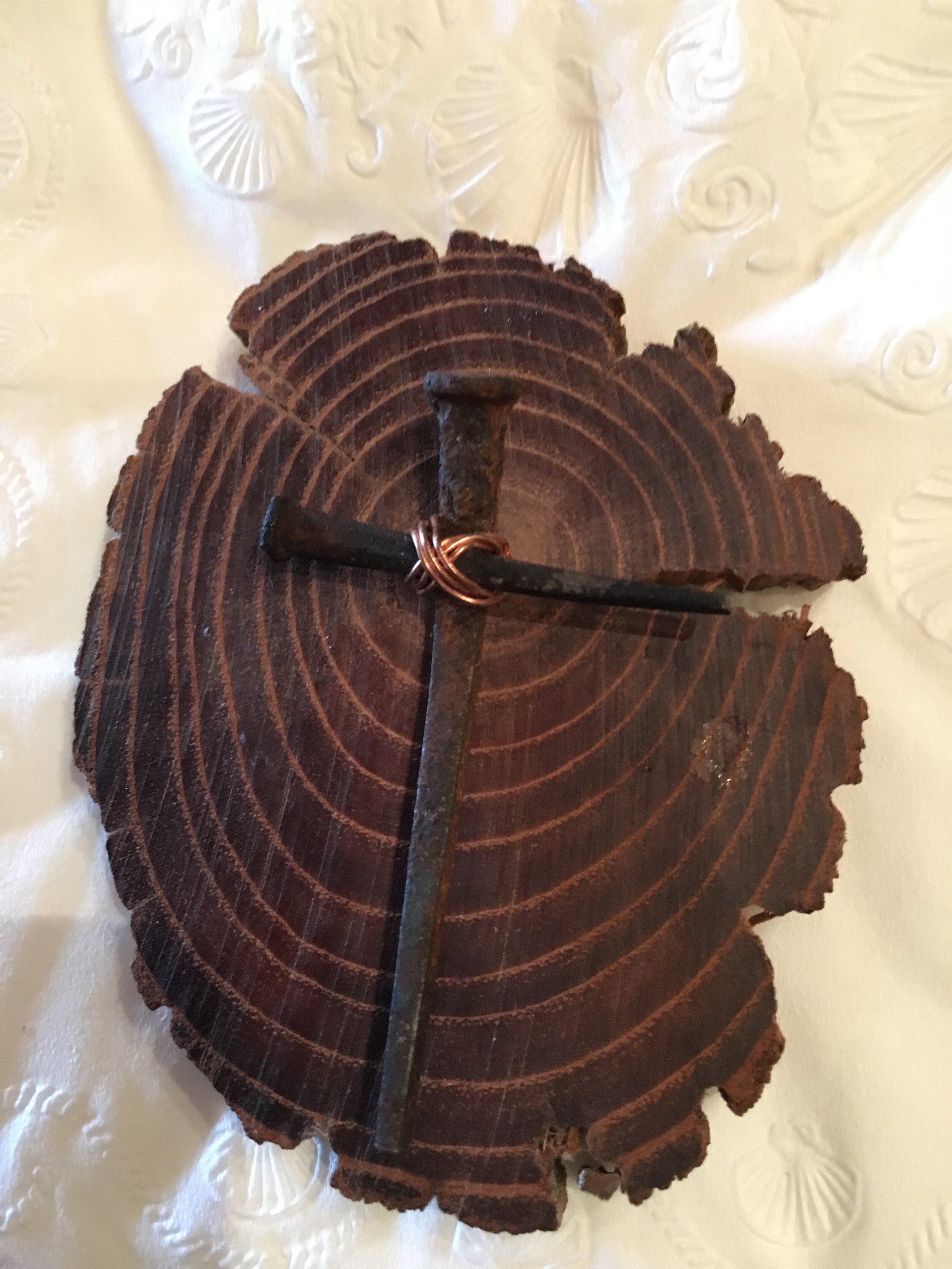Kings and Crowns
“King of kings and LORD of Lords.”
Revelation 19:16 (NIV)
Last week I watched the final installment of The Crown, Peter Morgan’s award-winning historical drama that depicts the life and seventy-year reign of Queen Elizabeth II. In the series’ last episode, a conversation between Prince Harry and Prince William supposedly occurs on the night before Prince Charles and Camilla Parker Bowles wedding in 2005.
Harry: “I heard that Granny is going to make a speech at the wedding…She’s going to use the occasion to stand down after 50 years on the job.”
William: “She would never do that. And even if she did, why do it on Pa’s big day?”
Harry: “Because it’s the wedding present he really wants.”
William: “He does want it, doesn’t he?”
Harry: “Craves it! For him and for Camilla!”
The “it” that Harry and William allegedly discussed as their father’s craving was the monarch’s throne. Of course, Queen Elizabeth II didn’t step down in 2005, but remained on the British throne until her death in 2022 at the age of 96. Upon her death, Prince Charles became King Charles III and ascended to the British throne at the age of 73.
By now you’re probably wondering, “What do British princes have to do with some final thoughts on Christmas?”Mainly this: Unlike Jesus Christ, none of them were born a king. They were each born as a prince who could only become king upon another’s death or abdication. Jesus was born not just a king, but THE King who reigns and rules over all things. Yet unlike earthly sovereigns who crave power for themselves, Jesus didn’t come in majesty, but in meekness. He wrapped himself in our humanity and was placed in a manger, rather than a palace.
The opening verse in Matthew’s gospel narrative lists four titles for Jesus with these words:
“A record of the genealogy of Jesus Christ, the son of David, the son of Abraham.” (Matt. 1:1)
With just sixteen words, Matthew answers the most important question found throughout the New Testament: Who is this? It is a question each of us must also answer.
He is Jesus, the Savior. His Old Testament name is “Joshua” and means “the Lord saves us.” (Matthew 1:21)
He is Christ, the Messiah or “the anointed one.” The word “anointed” means set apart by God for a specific task. Jesus had a job to do and was anointed by the Holy Spirit to accomplish the reconciliation of God and man. The Jews expected a deliverer who would bring political and military victories over Rome. Jesus came to atone for our sins, make us right with God, and secure our victory over the enemies of sin and death.
He is the Son of David, the King of kings and Lord of Lords (Revelation 17:14, 19:16). On earth Jesus the Son of Man wore a crown of thorns as he went to the cross to die for our sins. In heaven, Jesus the Son of God wears a crown of gold as he reigns and rules at the right hand of God the Father Almighty. (Hebrews 1:3)
He is the Son of Abraham, for all the nations and not just for the Jews. Abraham was a pagan Gentile before God chose him to become the first Jew. Thus, Abraham represents both Gentiles and Jews. Jesus, the Son of Abraham, is the hope of all nations from the very beginning (Genesis 12:2-3) God comes to Abraham with covenant promises and blessings for all the world. The Gospel of Matthew ends with Jesus’ command to make disciples of all the nations. (Matthew 28:19) Jesus cares for the world and wants us to care for it too by taking his Gospel to the ends of the earth.
The Apostle Matthew gives us one more important name for Jesus in Matthew 1:23, “They will call him ‘Immanuel,’ which means ‘God with us.’”
Phil Wickam’s song Manger Throne has been my sacred echo this Christmas season and is my prayer on this Christmas Day:
Glory be to you alone
King who reigns from a Manger throne
My life, my praise, everything I own
To Jesus the King on a Manger throne!
Joy to the world the Lord is come!






